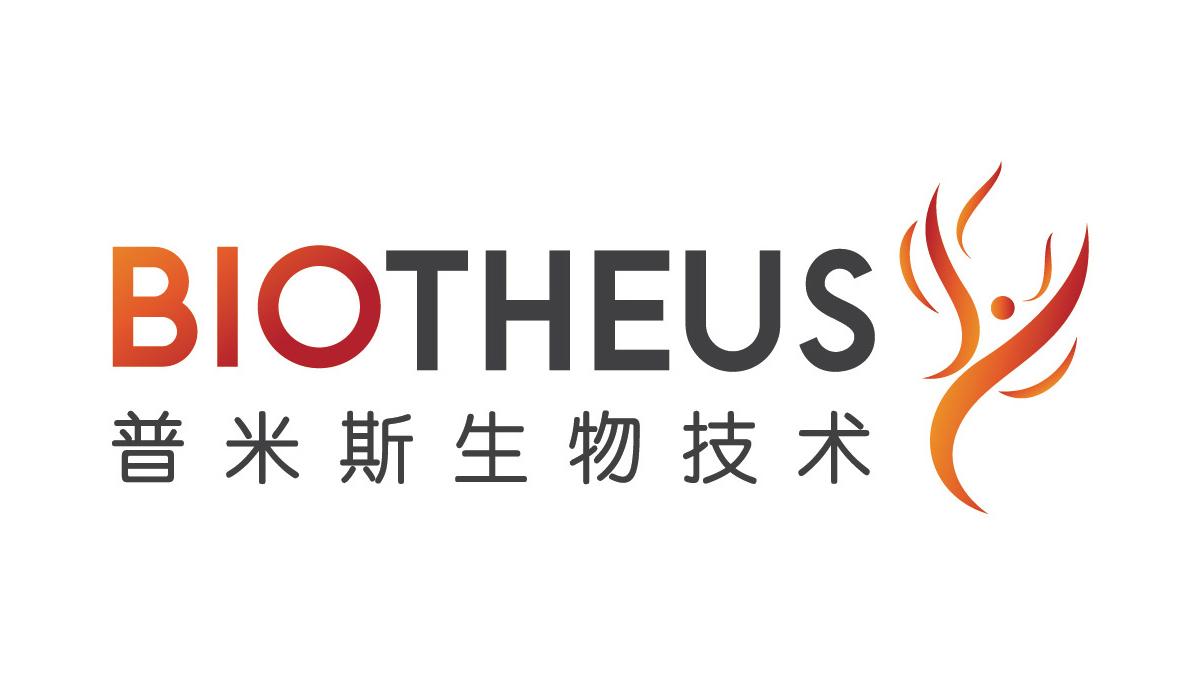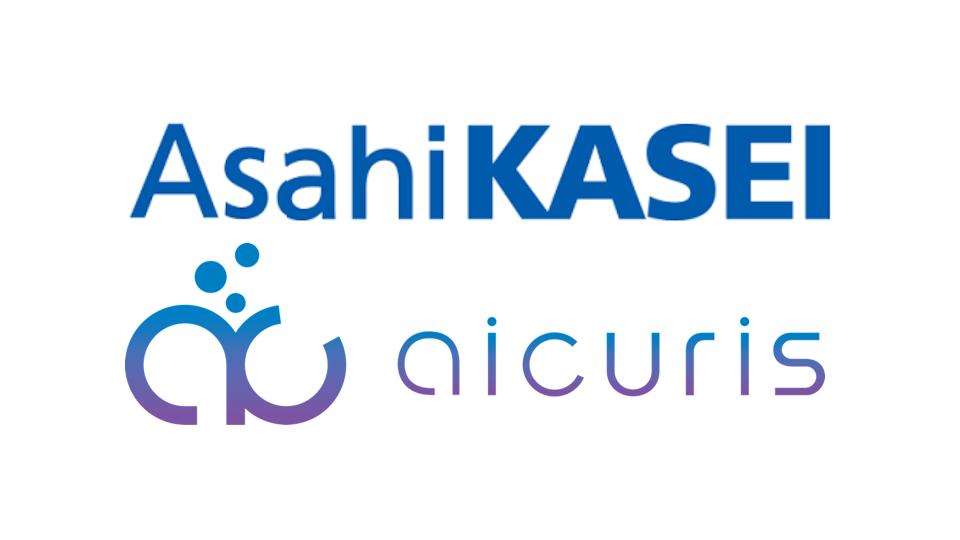BioNTech buys Biotheus and its Keytruda rival for $950m

BioNTech is clearly impressed with what it has seen with partner Biotheus' bispecific antibody for cancer, opting to buy the company outright to get full control of the drug.
The two companies entered into a partnership a year ago to develop Biotheus' PD-L1xVEGF-A bispecific PM8002/BNT327, with BioNTech taking rights to the drug outside Greater China, the Zhuhai-based biotech's home market.
The antibody – which is in phase 2 testing – is viewed as a potential successor to MSD's $25 billion PD-1 inhibitor Keytruda (pembrolizumab).
It is in the same class as Summit Therapeutics and partner Akeso's ivonescimab, which made a splash with new data at the 2024 World Conference on Lung Cancer (WCLC) in September that showed it was more effective than MSD's drug in a Chinese PD-L1-positive non-small cell lung cancer (NSCLC) population.
BioNTech said that BNT327 has the "potential to replace current checkpoint inhibitor standard of care treatments for solid tumours." It is paying $800 million to acquire all of Biotheus' issued share capital and up to $150 million in potential milestone payments.
Taking control of Biotheus will give BioNTech worldwide rights to BNT327, including in China, which is the world's second-largest pharma market, as well as a pipeline of other bispecific antibodies with potential in cancer, the Chinese biotech's drug discovery and development engine for antibodies, as well as antibody-drug conjugates (ADCs), and a manufacturing facility.
That continues the German biotech's drive to move beyond its main focus on mRNA-based vaccines and therapeutics, which came to the fore with the development of Pfizer-partnered COVID-19 vaccine Comirnaty – into protein- and small molecule-based drugs and cell therapies.
It paid $55 million upfront, with up to $1 billion at the back end for its interest in BNT327, in November 2023, and its wager started to look promising at the ESMO conference in September, when the drug showed preliminary but promising efficacy in a range of tumours, including NSCLC, triple-negative breast cancer (TNBC), and renal cell carcinoma (RCC).
The data with the drug suggests efficacy as a monotherapy and in combination with chemotherapy, as well as in PD-L1-low and PD-L1-negative tumours that have typically been less responsive to current checkpoint inhibitors.
BioNTech and Biotheus plan to start "multiple" registrational trials with the bispecific in late 2024 and early 2025, as well as combination studies, and the companies expect the takeover deal to complete in the first quarter of next year.












